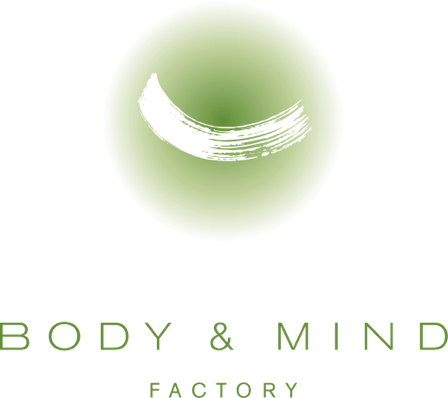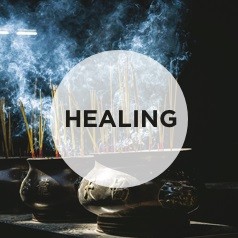Often we are hurrying through life, constantly concerned about missing something. It is precisely this hurry that makes us lose out.
As we learn to improve every single moment, worries, fears, and haste become less and eventually disappear. Slow down, transform your thinking, being and action, and realize that your future is hidden in these precious moments.
It is normal to experience times of stress or anxiety, but what is key is how you manage these moments and how you are after experiencing them. After periods of tension, periods of relaxation should follow. Through relaxation, your body experiences a state of rejuvenation combined with peaceful breathing, decreased heart frequency, and a healthy circular flow through your body. If this kind of relaxation fails to happen with some regularity, then your body’s immune system is weakened. When you are in continuous motion, your psyche is negatively affected, which can lead to increased anxiety or depression.
From the Zhineng Qigong perspective, we gain deceleration and slow down, if we are able to focus more inwardly. In order to achieve this inner vision, it is important that we have a clear idea of our own inner resting places and then give them space to manifest themselves into everyday life.
There is a very simple method that you can implement immediately. During your busy day, between various events, activities and projects, find time to think of nothing. In these two to three minutes, leave out all emotions. Sit comfortably, close your eyes and keep your mind quiet, calm, peaceful and relaxed. You will immediately feel an enormous effect and will regain strength from within.
Many people have an unhealthy impression of what “resting” should entail. Resting does not mean to distract yourself with television, a beer or glass of wine. It is important to find a way to rest by nurturing yourself from within in order to give the body and mind new energy and inspiration. If you create a short space of rest before any action and go inward, as described here, your desire for deceleration and holistic health will bring you a step closer to experiencing a whole new quality of life!
If you feel very rushed, these very simple and yet powerful questions may also help:
Am I really busy? How much of my business really has something to do with my commitments, or is it just happening in my head? If you ask these questions regularly, then you will learn to distinguish between actually being effective and the feeling of being busy!
Often it is our permanent feeling of activity that makes us tired and restricts us, rather than the actual tasks at hand. Commitments don’t create tension, it is the implied feeling of commitment that does.
Bring peace to your activities by applying self-awareness before every important action. The next four simple steps will sustainably deepen and enrich your life:
- Say: “At this moment I am here.” (Describe the place where you are.) Then say: “That’s the thing I’ll be doing next…” (With all your senses prepare your tasks with clear intention.)
- Before you start, stop, relax your mind and breathing until you feel peaceful and calm.
- Say, for example: “I am focused and full of energy.”
- Now announce: “I am already successful and act now…”
If you use these methods to reduce your activity, rearrange your priorities, and shape your activities from an inner serenity and strength, then you have space for the really important questions of your life, such as: “How exactly do I want to spend my days? How do I live? What contribution do I want to make? What do I want to leave to the world?”
Distraction makes your mind busy and tired – think of it as mental pollution. When you ask yourself the questions above, you will automatically slow down and make better choices.
Did You Know ?
Scientists have found that you are not only quieter and happier when you regularly walk in nature, but you will also more easily stop a flow of negative, compulsive thoughts (from the proceedings of the National Academy of Sciences). Thus spending more time in nature also supports our mental and emotional wellbeing and prevents diseases.
At the same time, the neural activities are reduced in the prefrontal cortex, an area of the brain that is associated with mental illness. The researchers also noted that the rapid urbanization of our modern society is closely correlated with the increased incidences of depression and other mental illnesses.


 Deutsch
Deutsch

